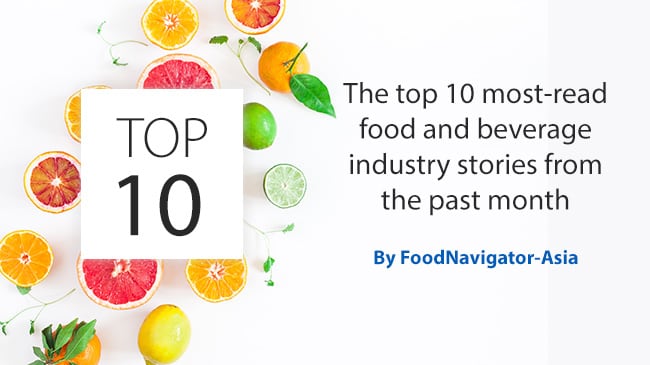Coffee Shop At Home: Nestle unveils strategies to boost business in India and China
Nestle is targeting growth for its coffee business in China, India and the Middle East, where consumptions lags far behind the global average.
Nestle’s Nescafe is undoubtedly one of the most well known coffee brands in the world, particularly within the soluble instant coffee category.
The popularity of this along with its other superstar brands such as Nepresso and Starbucks have enabled the company to achieve market leading positions in multiple geographies all over the world, including the APAC, buthas now revealed big plans for future growth.
“Coffee is actually Nestle’s number one business, and we are the market leader for this in all our business zones including Zone AOA (Asia, Oceania and Africa) [which includes] both Asia Pacific and the Middle East regions,” Head of Nestle Coffee Brands David Rennie told the floor during a recent company conference.
Mars Wrigley on plans for affordable premiumisation and local flavour focus across AMEA
Confectionery giant Mars Wrigley has highlighted key business strategies including affordable premiumisation, holistic wellness and local flavour focus across the Asia, Middle East and Africa (AMEA) region.
According to Mars Wrigley Global Emerging Markets (GEM) President Gabriel Fernandez, the role of snacking in this region is evolving at a rapid pace alongside consumer lifestyles here.
“Our data shows that some 41% of consumers are eating fewer traditional meals, and 81% are snacking differently [including a] greater focus on holistic wellbeing,” he said.
“This is in line with ageing populations across Asia as well as in the MEA region where , health and wellbeing is becoming as significant as economic stability.
South Korea to prioritise food safety information and visibility in new e-labelling regulations
South Korea will prioritise food safety information such as expiry dates and allergens in labelling regulations, while also mandating firms to use e-labels for non-essential information.
The Ministry of Food and Drug Safety (MFDS) has published a notification of changes to food labelling regulations, which will primarily call for companies to transfer all non-essential information from the printed label to e-labels.
“This move looks to increase consumer convenience and visibility of the important information, protect their right-to-know, alleviate costs to the industry as well as fall in line with carbon neutrality initiatives,” MFDS Minister Oh Yoo-kyung said via a formal statement.
Next-gen nutrition: Precision fermentation eyed as next step in functional food innovation
Various Asia Pacific firms are eyeing precision fermentation technology as the next step in functional food innovation, particularly surrounding the protein lactoferrin which is already well-known to have benefits for human immunity and gut health.
Only a few firms such as Perfect Day have succeeded in moving precision fermentation from the tech stage to the commercialisation stage in terms of everyday processed food products (e.g. ice cream or processed meats) hence many in the sector have turned their focus to developing other more high-value products, such as actual nutrients.
A key nutrient that has come into play as a result of this has been the protein lactoferrin, which is commonly found in animal secretions including milk and is well-documented to have antibacterial, antiviral, and anti-inflammatory properties.
“Thousands of studies have been done on lactoferrin which have concluded that it does have immunity and gut health benefits for humans,” former TurtleTree CFO and sustainable food systems leader Alexander Pestalozzi told FoodNavigator-Asia.
‘Far, fast and beyond’: Palm oil key to food security but must prioritise R&D – ICOPE 2025
Palm oil can play a major role in maintaining global food security, but government and industry leaders have urged the sector to prioritise research and development to overcome its many existing challenges.
This was highlighted at the recent International Conference of Oil Palm and Environment (ICOPE) held in Bali, Indonesia, a collaborative event held by industry (SinarMas / Golden Agri Resources), government and academia (French Agricultural Research Centre for International Development / CIRAD), as well as NGOs (Worldwide Federation / WWF).
“Currently we see four main challenges that the palm oil industry is facing in general: food security, energy security, climate change and information dissemination,” CIRAD South East Asia Director Jean Marc Roda told the floor.




